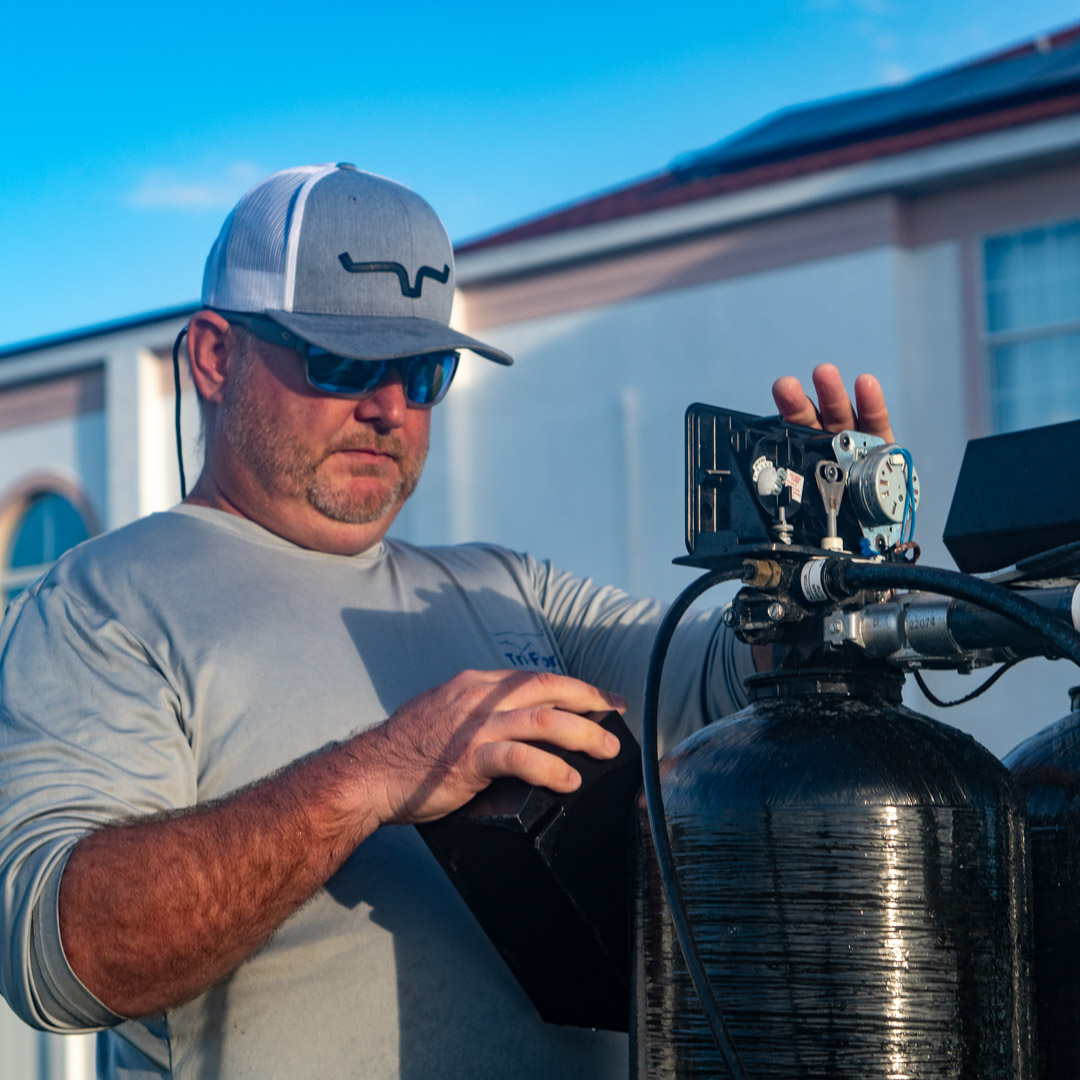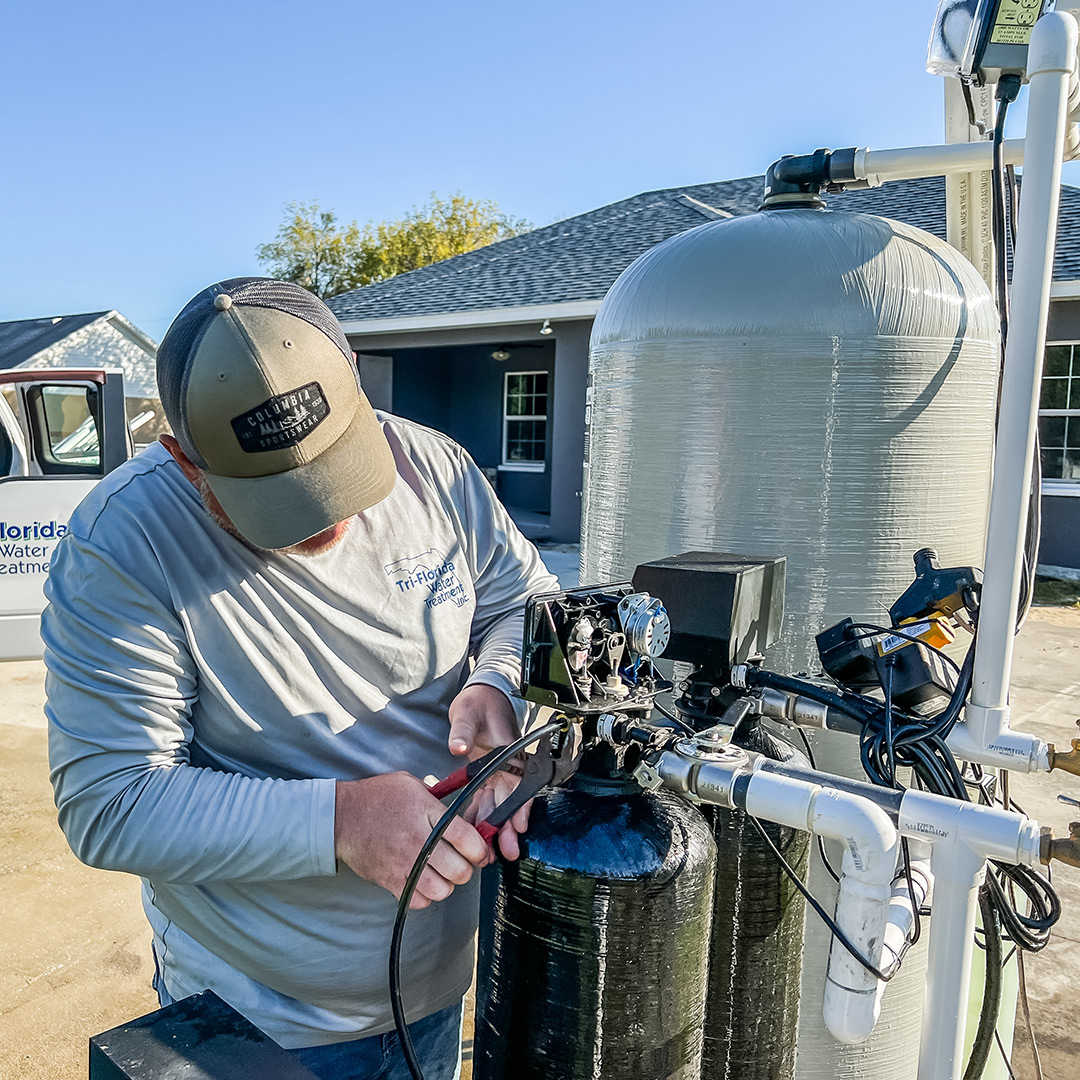Water’s Role in Urban Planning for Sustainable Cities
Water is essential for life, but most people don’t think about its role in urban planning and development. While people aren’t moving into cities like they used to, certain places in Florida, Texas, North and South Carolina are experiencing rapid growth.
 According to Axios,
According to Axios,
The Miami metro area experienced the largest inbound increase from before the pandemic, which saw gains of nearly 60% in 2022. Houston experienced the highest move-in rate for 2022.
With this influx, many city planners and developers are looking at ways to expand and make their cities more sustainable.
This post looks at water’s role and how it plays into sustainable development.
Water as a Resource: The Basis of Urban Ecosystems
Urban planners must prioritize how to manage the city’s water resources. People depend on water for drinking, sanitation, industry, and recreation. However, with some cities seeing a population explosion, the demand for water is causing overuse and scarcity.
Sustainable urban planning involves developing strategies to manage demand through efficient recycling and conservation.
Innovative practices like rainwater harvesting, greywater recycling, and water-efficient appliances are integral to modern urban development. These practices reduce strain on existing water supplies and promote a more sustainable integration with the ecosystem.
Water Management: Preventing Urban Flooding
Flooding is a significant concern in certain areas, so urban planners and developers must prevent it. The problem arises because most urban surfaces are impervious because concrete and asphalt hinder the natural absorption of rainwater. This leads to runoff and flooding. Integrating green spaces, permeable pavements, and rain gardens into the city’s landscapes can manage stormwater naturally, reducing flooding risks.
Additionally, modern urban planning should incorporate advanced drainage systems capable of handling heavy rainfall and preventing water accumulation. Combined with real-time monitoring technologies, these systems enable cities to react promptly to potential flood threats.
Water and Urban Aesthetics: Enhancing Cityscapes
Water isn’t just a resource; it contributes to an urban space’s aesthetics and recreational value. Water bodies like rivers, lakes, and ponds can greatly enhance a city’s beauty and attract residents and visitors.
Many urban planners focus on waterfront development, transforming previously neglected areas into vibrant, attractive spaces to encourage community interaction and tourism. Developments include walking paths, parks, and commercial areas, making the waterfront a hub for urban life.
Water Quality: Ensuring Health and Environmental Sustainability
Maintaining the city’s water quality is vital for public health and sustainability.
Urban planners must address pollution sources, like industrial discharge, sewage, and runoff, that can negatively impact water sources.
Sustainable urban planning involves implementing strict regulations for waste disposal, promoting the use of green infrastructure to filter pollutants, and establishing wastewater treatment facilities. These measures ensure health and safety for residents and protect aquatic ecosystems and biodiversity.
Water and Climate Change: Building Resilient Cities
Whether you believe climate change is natural or caused by humans, its impacts present challenges for city planners and urban developers.

Increased droughts and floods require climate-resistant strategies, like creating water storage facilities, developing drought-resistant landscapes, and planning for rising sea levels in coastal cities.
Building climate-resilient cities involves a holistic approach to urban planning, integrating water management with other elements like energy usage, transportation, and housing. This approach ensures cities can withstand and adapt to changing climate conditions and remain sustainable for residents and tourists.
Contact Tri-Florida Water Treatment
Tri-Florida Water Treatment has over 30 years of experience and is the local expert in the trade. We’re certified water plant operators and offer various treatment options, including chlorinators, chemical feed pumps, filters, water softeners, reverse osmosis filters, drinking water systems, and water purifiers.
If you don’t like how your water looks, smells, or tastes or are sick of dealing with the effects of hard water, call us today at 863-965-1439 and ask about a free in-home water analysis or contact us online.
